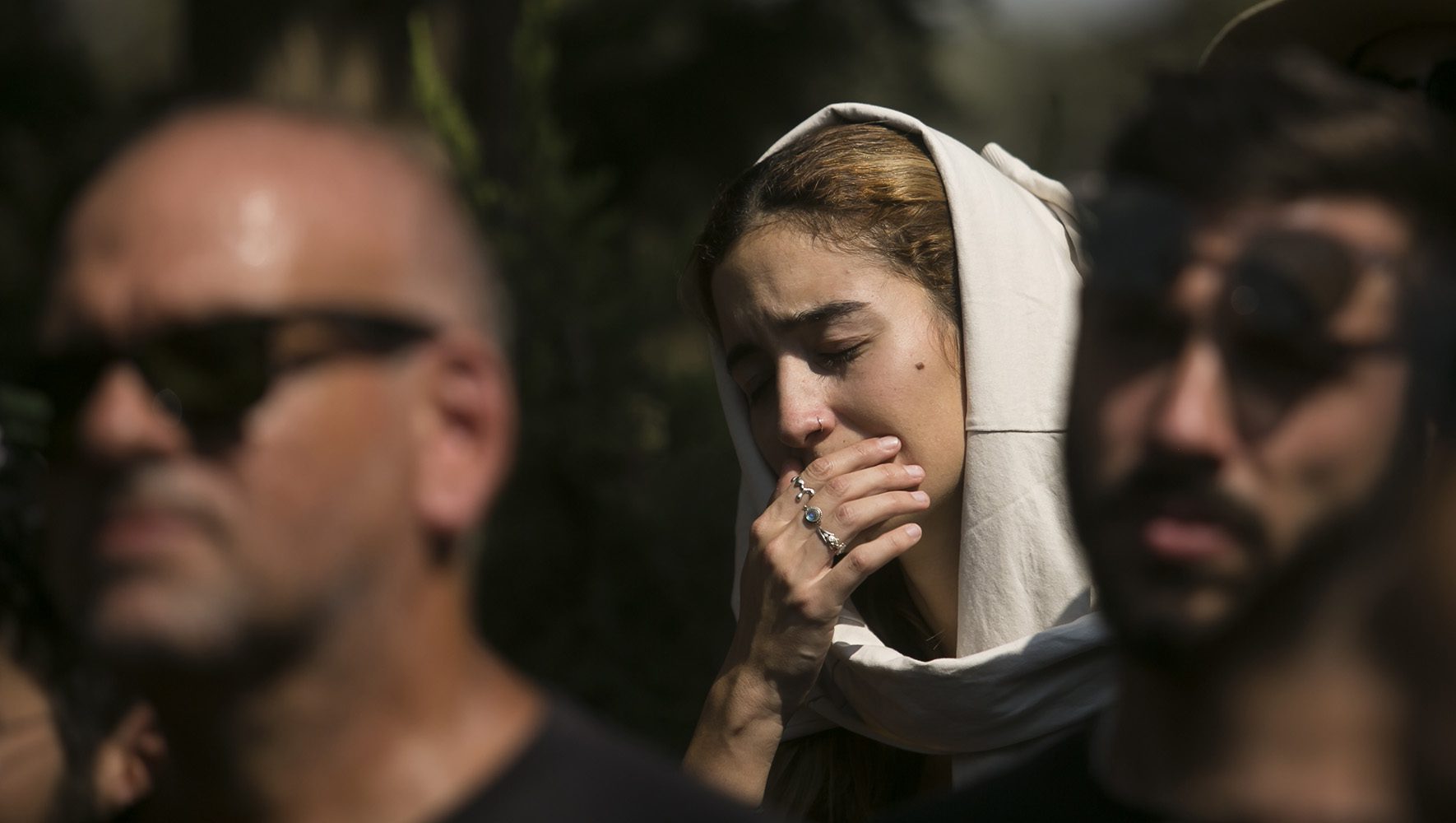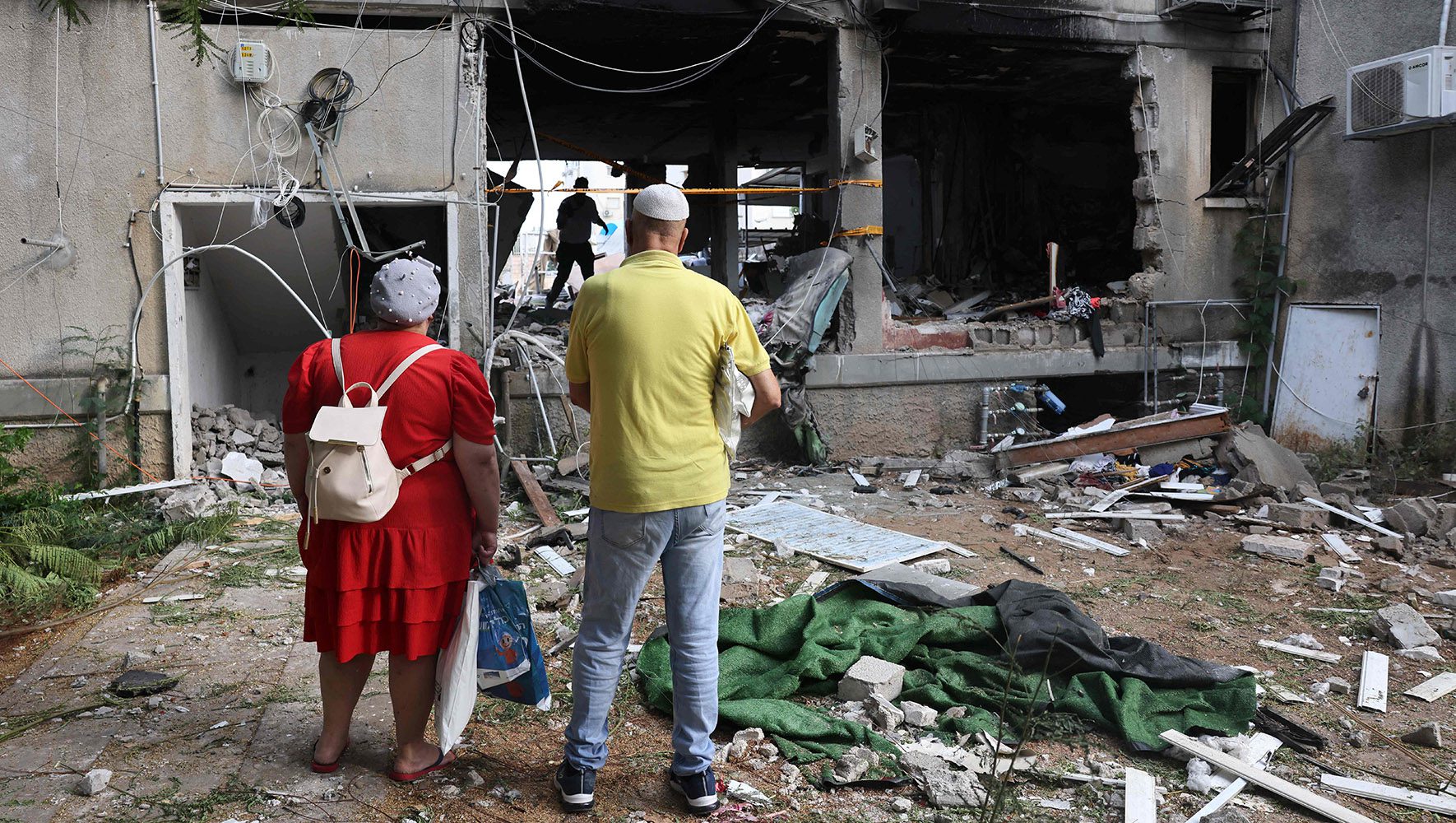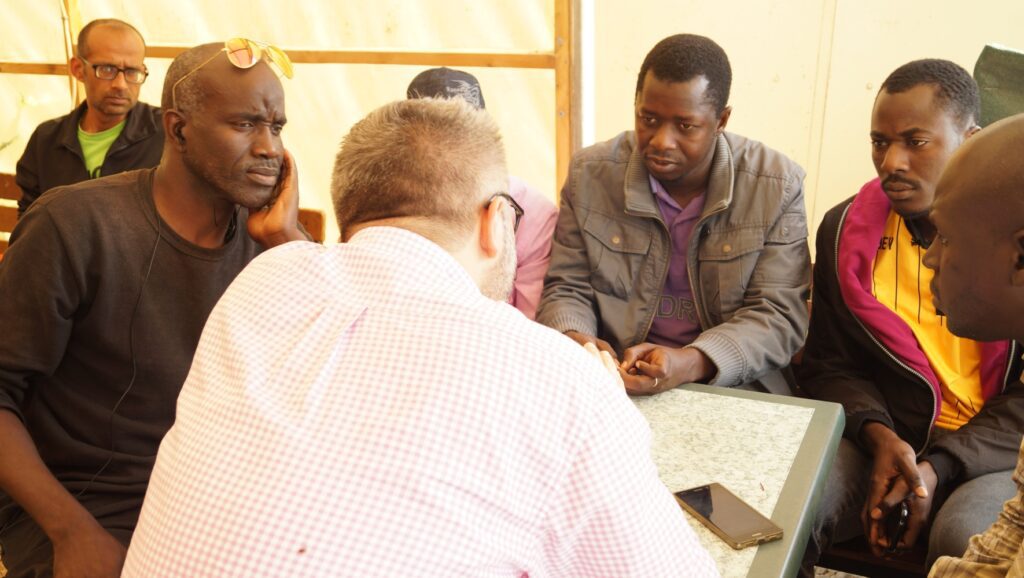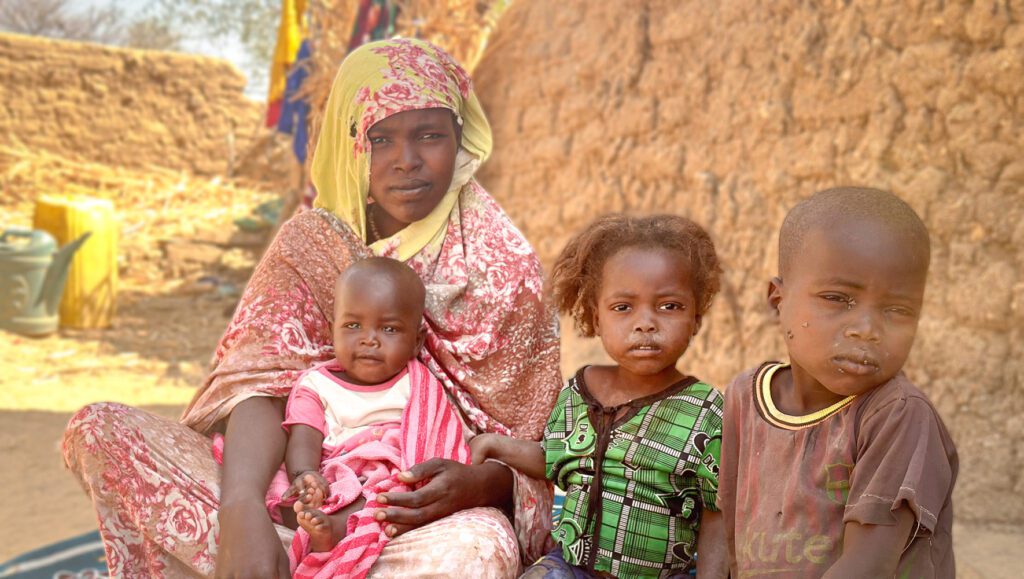
On Saturday, October 7th, I woke up to the loud, wailing sound of sirens. We rushed with the kids into the shelter and the explosions soon followed. It was all a complete surprise.
From then on, we were glued to the news. We learned that thousands of Hamas terrorists broke through the border fence in Gaza, using drones to bypass security, and overtook more than 20 towns and kibbutzim. They took people hostage: women, children, and elderly. They set houses on fire. There were terrible, incomprehensible acts of bloodshed. Terrorists attacked a music festival in the forest and massacred hundreds of young people who were trying to flee from the rockets. There weren’t enough security forces in the area, and those who were there were badly outnumbered. The invaders came equipped with explosives, designed to ignite houses or latch on to cars and destroy them.
As I write, in Israel, more than 1,300 people have been killed, 3,500 injured, and 199 taken hostage. Many remain missing. Their families aren’t sure whether they’ve been killed or taken hostage into Gaza. We are still reeling from the sheer magnitude of these numbers, the pictures of devastation and unfathomable violence coming out of the southern towns, and the horrific accounts shared by the survivors. Thousands of rockets have been fired into Israel since Saturday, and terrorists continue to try invading the country from the south and north.
Hours after the attacks began, Israel declared war on Hamas and began massive air strikes in Gaza, targeting Hamas operations and operatives. This response has killed 2,300 people and injured thousands more. Almost 400,000 people have fled from their homes.

The News in Israel Is Terrible. HIAS Is Here To Help
Read MoreThese are difficult days, filled with shock and grief. The names of the dead appear on television screens, more names and faces every day. Virtually no one’s life in Israel has gone untouched. Everyone knows a family with someone lost or taken. People in every family are being called up for military duty. People are attending funerals day after day.
This touches all of us at HIAS Israel as well. Our staff are working from home because of the rocket attacks, and in many ways that make the situation harder — we are so used to being together as a team and comforting each other. Schools are closed, too. It reminds me of the first days of the COVID lockdown, except now there are sirens and rockets and the feeling that home can no longer guarantee your safety.
In order to help deal with the trauma, our team held a group session on Zoom with our local psychologist. At first, I didn’t know if people would feel comfortable enough to talk about what they are going through in this format. But they did. We shared and cried together. The team is finding different ways to cope. There has been a massive social mobilization to collect food and needed equipment for the families who were forced to leave their homes in the southern towns and kibbutzim. Our team members have joined these efforts: hosting families in their homes, packaging donated equipment, buying and distributing diapers and baby food, cooking and baking for evacuated families, and raising funds to support the communities whose towns were destroyed. Some team members who are currently outside of Israel are mobilizing support from communities there. Asylum seekers in Israel have also come together in solidarity with the Israeli community, preparing aid packages and assisting the evacuees.
These are difficult days, filled with shock and grief.
In these turbulent days, we do all that we can to be there for the communities we serve. It is hard to be a refugee in a country at war, an experience many of our clients have had before. We are working to ensure that they feel as protected as possible and have the information and support that they need. Refugees in the south of Israel feel especially unsafe after massive rocket attacks, and many are requesting assistance to evacuate. There are also refugees who have been missing since Saturday.
In addition to our work with refugees in Israel, we will build on the experience acquired at HIAS over the years and across its operations to provide urgent humanitarian assistance and mental health support to Israelis affected by the violence.
These days, I find myself thinking back often to the testimonies I have heard over the years from our refugee clients from the Darfur region in Sudan. They spoke of how suddenly an attack can come, of assailants going from house to house, rounding families up and murdering them, destroying and burning everything in sight, and killing the animals. These, too, are the stories of the pogroms against Jews in Eastern Europe that we learned about in school. They share an intense hatred, an inhuman brutality. Despite the distance suggested by time and geography, these stories are incredibly tangible to me right now. They happened one week ago, 50 miles south of here.


